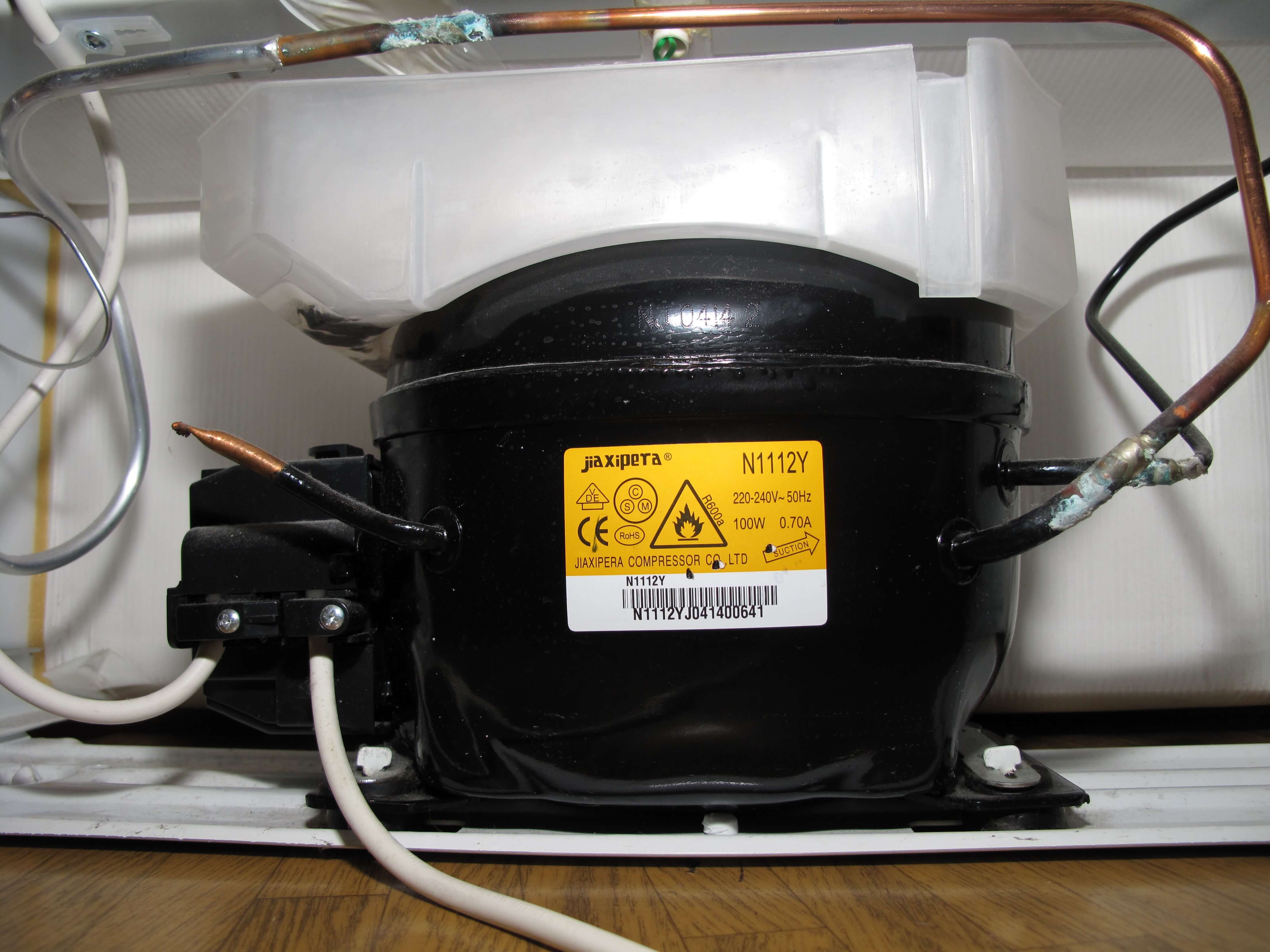

Loud popping noises could be coming from the condenser coils at the back of the fridge. If you still hear popping sounds, you’ll have to check the next component. Check if the popping sounds have stopped.Put your fridge back together, put it back against the wall, turn the water supply back on, and turn the power back on.Make sure you put a towel on the floor to catch any water dripping out. Pull your fridge out from the wall and remove the lower cover.Turn the water supply to your fridge off.

Unplug your fridge or turn the circuit breaker off.Replacing the water valve is simple, you just need to: Sometimes it can become defective, and this might cause a loud popping noise to occur. The valve opens to allow water into your ice maker when required. If the popping sound is coming from the ice maker unit, it could be the result of a faulty water valve. If the timer is okay and the heater isn’t frosted over, the defrost heater is probably not the cause of the problem so you should check the next component. If it is, this indicates the heater is faulty and will need to be repaired by a technician. Next, check that the defrost heater isn’t covered in frost.If it doesn’t this indicates the timer is faulty and will need to be replaced. Start by locating the defrost timer and attempt to move it into the defrost zone.But there are a couple of things you can do before calling an expert. But if you can hear a popping sound coming from your fridge much more regularly, this indicates a problem that needs to be fixed.įixing the defrost heater yourself is difficult and requires expert knowledge. Defrost heaters turn on a few times a day and when they start, it’s common to hear a popping sound. The purpose of the defrost heater is to help remove frost in your fridge. If you can still hear a popping sound, move on to checking the next component. Once the fridge is level, replace the covers, turn your fridge on, and check if the popping sound has stopped.Adjust the legs/feet until your fridge is level (you’ll have to adjust them slightly then check the bubble level, or you can get a friend to help you).This will give you access to the legs/feet. To adjust the legs/feet, remove the lower cover at the bottom of your fridge on the front and the back (if applicable).If your fridge isn’t level, you need to adjust the legs/feet. If your fridge is sitting level, you can move on to the next component.Check the reading to see if your fridge is sitting level (the bubble should be in the middle). Get a bubble level and place it on the top of your fridge.Turn the power to your refrigerator off.

To make sure your fridge is sitting level, you need to: However, if your fridge is vibrating a lot and you can hear popping noises, this might be caused by your fridge not sitting level on the kitchen floor.

It’s normal for your fridge to vibrate slightly during operation as it’s usually caused by the compressor running. If you determine that it isn’t thermal expansion, the next cause to investigate is if the popping sounds are the result of your fridge vibrating. The bottom line is that hearing popping sounds from time to time isn’t anything to worry about it’s only if they’re loud and occur all the time that you should investigate the cause further. The same is true for various components within your fridge, like the shelves. For example, if you have plastic containers in your fridge and they suddenly change temperature when you open the fridge door, they might make a popping noise. This is due to thermal expansion, which refers to the process of objects changing size when they heat up. It might just be thermal expansionīefore we discuss any possibly faulty components, we need to point out that it’s normal for your fridge to make popping noises. In this article, we discuss the key reasons why this might be happening and what, if anything, you need to do about them. If you hear a loud popping noise regularly from your fridge, this is a good sign something is faulty within your fridge that needs to be repaired. But sometimes loud and strange noises can emit from your fridge, which indicate something is wrong that needs to be fixed. It’s normal for your refrigerator to make noises while it’s operating.


 0 kommentar(er)
0 kommentar(er)
